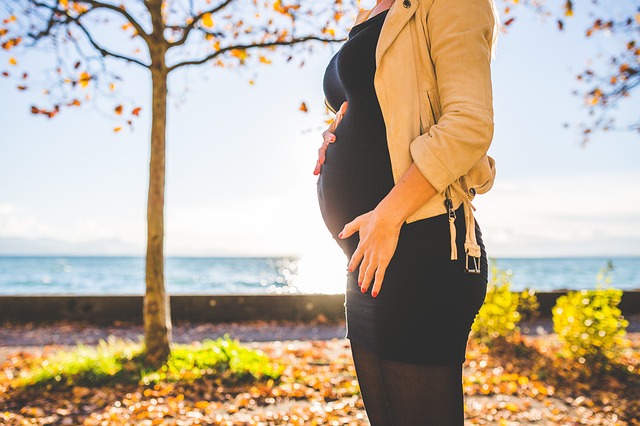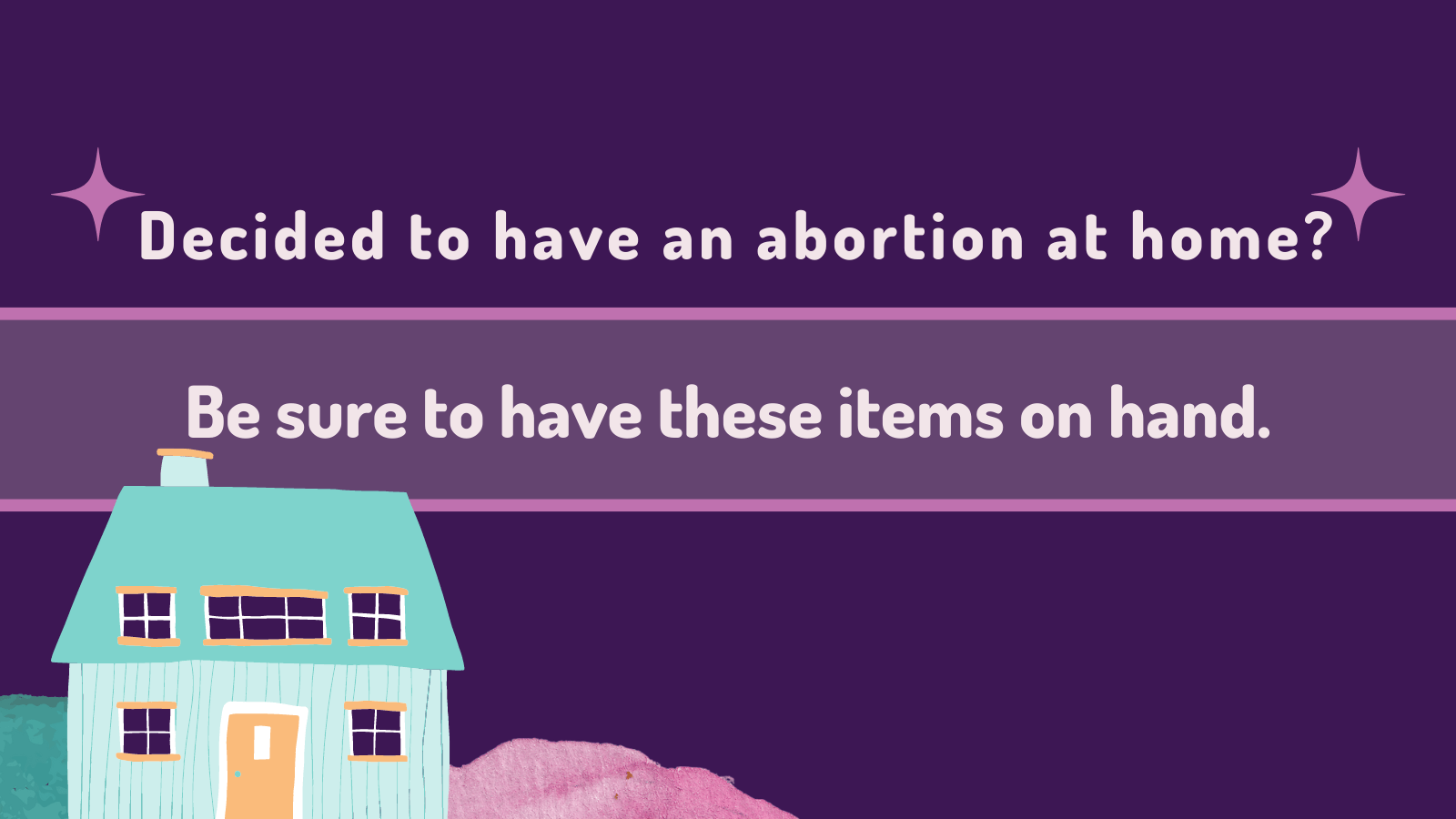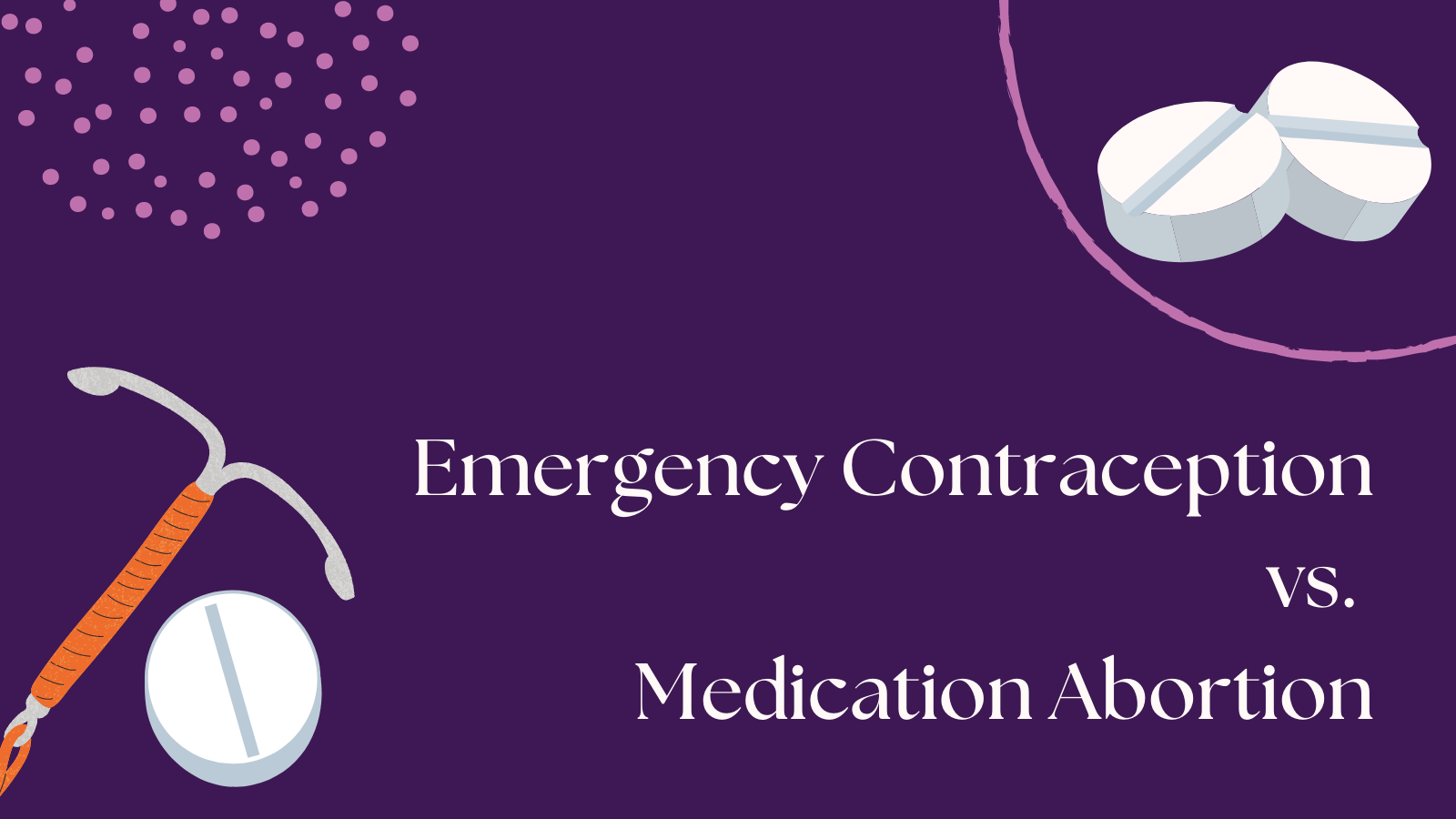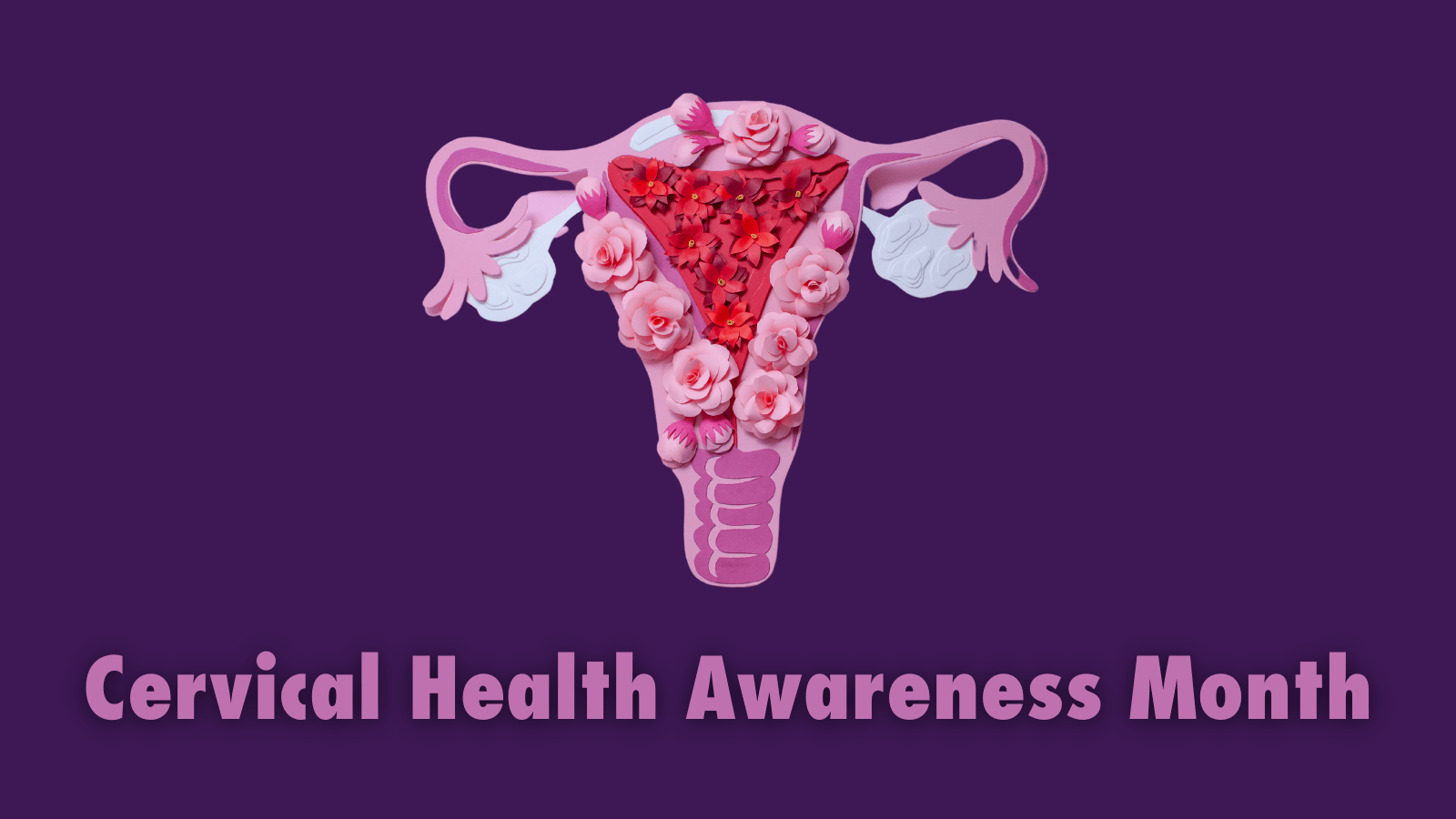 Signs of a pregnancy may be difficult to detect, especially before the six-week mark. Some women say they don’t experience any symptoms until at least eight weeks; everyone is different.
Signs of a pregnancy may be difficult to detect, especially before the six-week mark. Some women say they don’t experience any symptoms until at least eight weeks; everyone is different.
Of course, one sign of a pregnancy is a missed period. However, if you’re not tracking your menstrual cycle, or typically have irregular periods, this may or may not be a sign of a pregnancy.
One symptom is a sudden aversion to food. Rising hormones in the blood can turn your favorite foods into a trigger for your gag reflex. If you all of the sudden hate the foods you usually love, you might be pregnant.
Bloating, especially in the abdominal area, can be another sign of pregnancy. This can be a similar feeling to pre-menstrual bloating, so it can be a confusing symptom. Another symptom of pregnancy that’s also present during your period is sore breasts.
Early in a pregnancy, rising hormones means your bladder fills faster and you may have to use the bathroom more often than usual.
If you’re experiencing extreme fatigue, you may be pregnant. The fatigue may be caused from the rising levels of hormones in the body, or a general inability to get a quality night’s sleep.
Light bleeding (spotting) and/or nausea can also be symptoms of pregnancy. Some women experience one or both of these symptoms, while other women won’t experience them at all. Remember, everyone is different.
Having listed many common (and some less-common) symptoms of pregnancy, the only sure way to know if you’re pregnant is to take a pregnancy test, preferably administered by a physician. An at-home pregnancy test can be a good place to start.
At Whole Woman’s Health, we offer free pregnancy tests at all of our clinic locations. If you have questions about pregnancy symptoms or would like to schedule an appointment, call our EmpowerLine at 877.835.1090.



